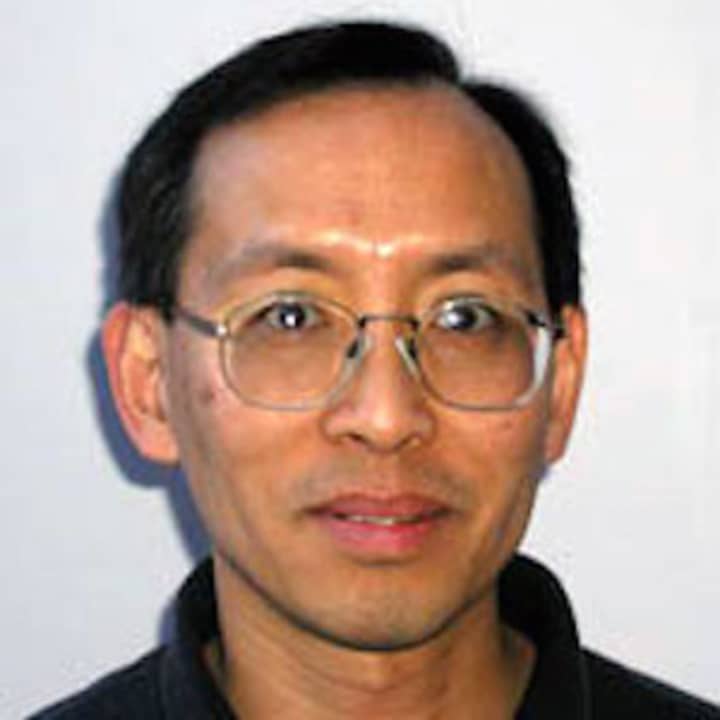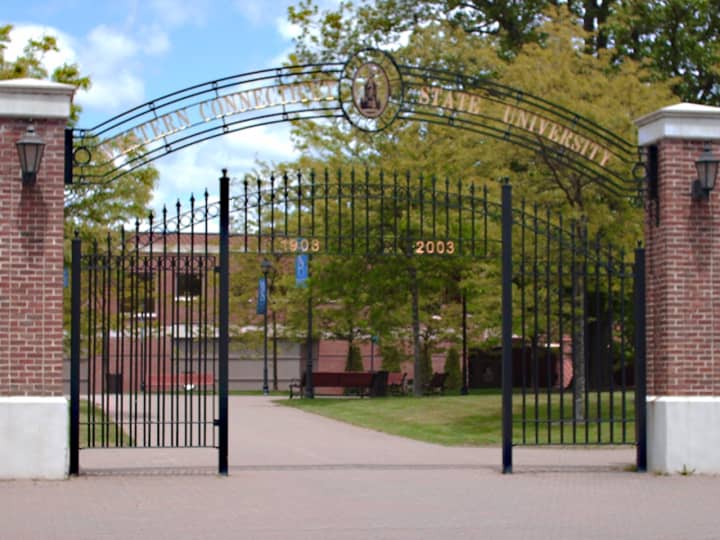This colorful foam-like algae that floats on top of the water has the potential to emit toxins that are harmful to people and animals. That’s where the Department of Biological and Environmental Sciences at Western Connecticut State University in Danbury comes in.
WCSU Associate Professor of Biological and Environmental Sciences Edwin Wong, who has spent time tracking zebra mussels in local waters, is putting together a program, in partnership with the Candlewood Lake Authority, that will sample water from Candlewood’s five town beaches in Brookfield, Danbury, New Fairfield, New Milford and Sherman to ensure that the bacteria are not emitting toxins.
The program will also offer internships to two WCSU science majors interested in helping to collect and test the samples.
Wong said that the term “blue-green algae” is a misnomer for what are actually cyanobacteria, which are not generally harmful; in fact, they may produce as much as 20 percent to 30 percent of the atmosphere’s oxygen.
“Some of these bacteria have the genetic makeup to produce toxins,” Wong said — that’s when the trouble begins. The toxic bacteria are harmful to animals and people. If toxins were found to be present in the bacteria, Wong said the beach would have to remain closed to the public until the “foam” dissipates or dies out, or until toxin concentrations fall below detectable levels.
Wong, who plans to meet with Candlewood Lake Authority and officials from towns that border the lake, said that beginning in July, he plans to test the water at all five town beaches every week through August.
Testing will also include additional beaches in Newtown, Oxford, and Southbury.
“We believe that we have the expertise at Western to conduct the testing,” Wong said. “And we should be able to do it for a lot less money.” Wong estimates an annual budget of $8,000 to $10,000, which includes testing material and intern stipends. Currently the algae are being tested at a Berlin lab.
Click here to follow Daily Voice Danbury and receive free news updates.



